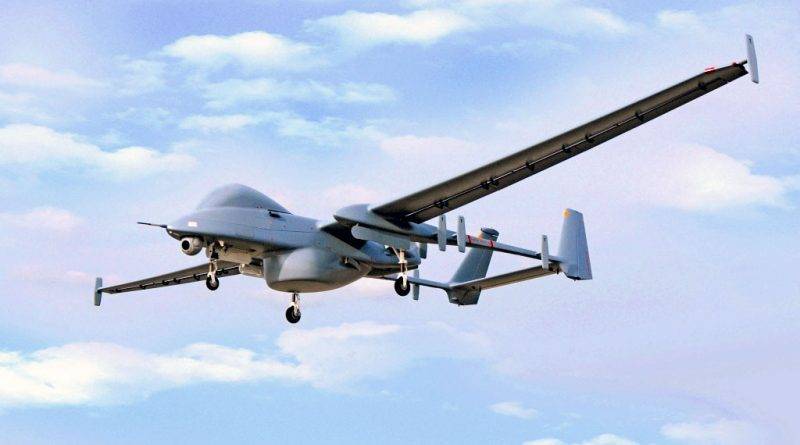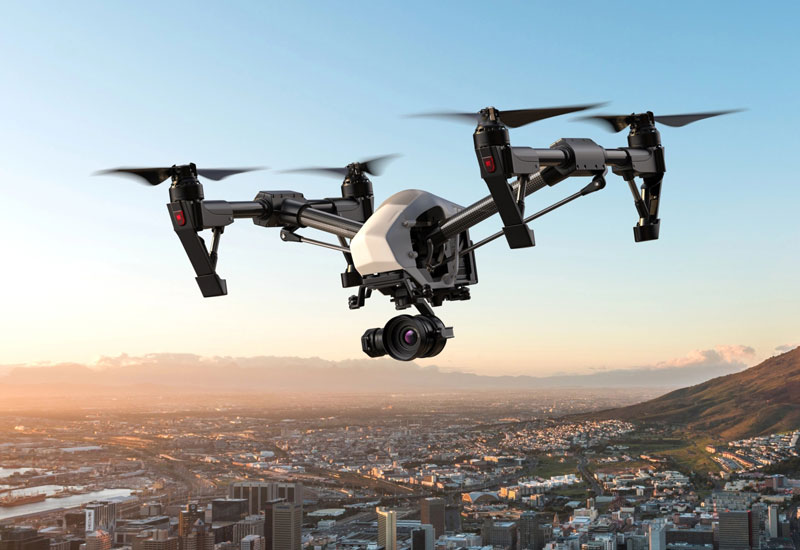Navigating the skies as a drone pilot is no longer just a hobby; it’s an emerging field with a myriad of applications across various industries. If you’re starting out, mastering this art demands both theoretical knowledge and practical experience. Here are some essential tips to help beginners get a solid grounding in drone piloting and truly excel.
Understanding the Basics
For any aspiring drone pilot, understanding the fundamental components and controls of a drone is paramount. Familiarize yourself with terms like pitch, yaw, roll, and throttle. These elements contribute to the drone’s movement and ability to hover or navigate through the air. Most drones come with user manuals or online tutorials that detail these functionalities. Ensure you read them thoroughly to grasp how each component contributes to flight dynamics.
Choosing the Right Drone
Not all drones are created equal. As a beginner drone pilot, opt for drones designed for entry-level use. These models are often equipped with stability sensors and GPS systems that make flying easier. Consider drones with durable builds to withstand crashes which you might encounter while learning. Look into customer reviews and expert opinions to select a drone that suits your skill level and intended purpose.
Getting Certified
The importance of certification for commercial drone pilots cannot be overstated. Certification not only validates your skills but it also ensures your compliance with regulations set by aviation bodies such as the FAA. Enroll in a certified training program to refine your skills and understand safety guidelines. Many programs offer online courses that are comprehensive and flexible, perfect for integrating into busy schedules.
cannot be overstated. Certification not only validates your skills but it also ensures your compliance with regulations set by aviation bodies such as the FAA. Enroll in a certified training program to refine your skills and understand safety guidelines. Many programs offer online courses that are comprehensive and flexible, perfect for integrating into busy schedules.
Enhancing Flight Skills
Practice is key in mastering drone piloting. Begin in open spaces, such as empty fields or parks, where the risk of collusion is minimized. Practice basic maneuvers before advancing to complex operations like flying through obstacles or conducting aerial surveys. Always maintain visual line-of-sight with your drone, and start with short flight times, gradually increasing as your proficiency grows.
Technical Maintenance
Part of becoming a skilled drone pilot is understanding how to maintain your equipment. Regularly inspect your drone for any signs of wear and tear, particularly after flights. Check propellers for cracks, and ensure batteries are charged and undamaged. Keeping your drone in peak condition contributes significantly to safety and flight performance.
Legal and Regulatory Framework
Adhering to legal standards is crucial. For drone pilots, awareness of airspace restrictions and privacy laws is required. Check with local aviation authorities about the regulations specific to your location. Proper registration of your drone may also be necessary, especially for commercial operations.

Lastly, respect the environment and people’s privacy when flying. It’s not just about your skill as a drone pilot; it’s also about the responsibility you carry as a participant in this technology-driven field.
FAQs
- What is the average cost for beginner-friendly drones?
- The cost might vary significantly based on brand and functionality, ranging from $100 to $500 for models that offer basic flight training features.
- Do I need a license to fly a drone for recreational purposes?
- No license is required for recreational flying, but maintaining awareness of local regulations about flight permissions and restricted areas is essential.
- How can I find drone pilot training programs?
- Many online and offline institutions offer training programs. Look for courses with FAA-certified instructors or platforms that provide comprehensive curricula.
